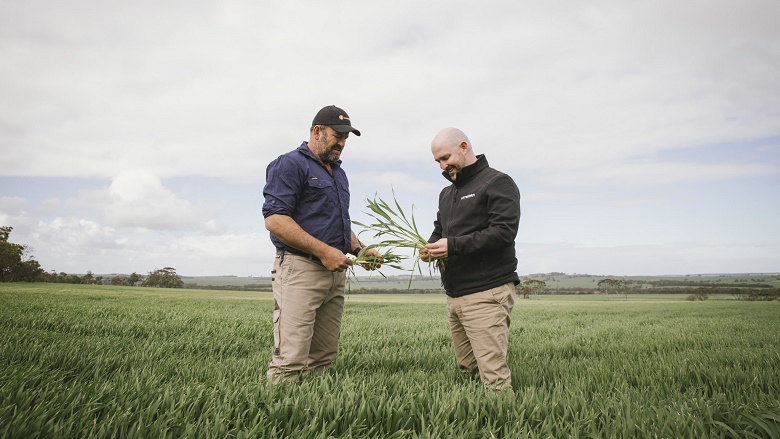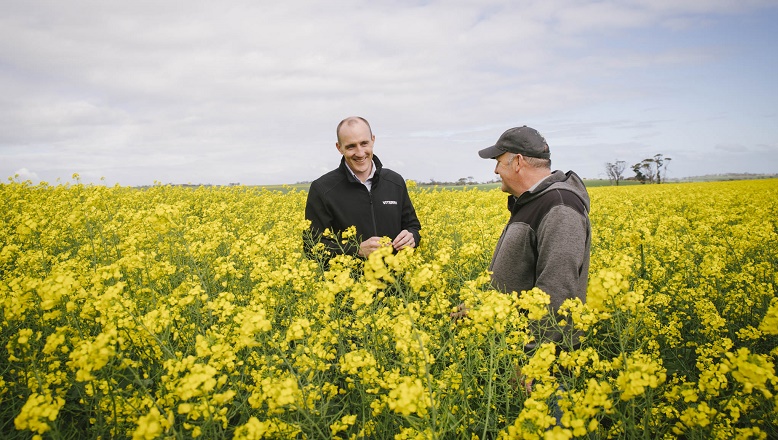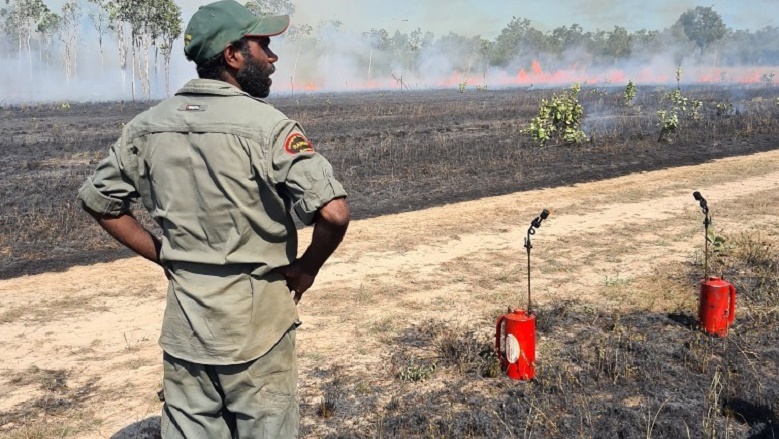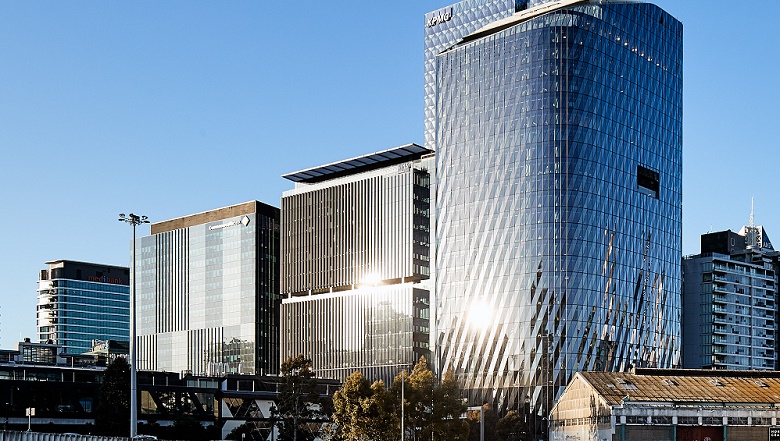Like a traditional facility, the inventory financing will allow Viterra to use the Australian-grown grain it owns as collateral to unlock capital the company can use to further grow its operations. The facility has already helped Viterra purchase $2.4 billion worth of grain from Australian growers over the past three months, getting much-needed working capital to farmers harvesting a record crop.
Viterra CEO Australia and New Zealand, Philip Hughes said the sustainability of the grain industry is hugely important for everyone involved, from growers through to consumers.
“We want to ensure the sustainability of products we export from Australia as well as the products we import,” Mr Hughes said.
“We have a long term outlook for our business and our customers, and if we meet our targets, we will reinvest the interest savings from the credit facility into future sustainability initiatives within the company.
“This BBF is the third sustainability linked facility across Viterra’s global network and supports the emphasis we place on our sustainability pillars of health and safety, environment, community and human rights and food and feed safety.”

Alex Toone, Executive General Manager, Commodities, Trade and Carbon, at CommBank said the facility is part of the bank’s sustainable trade finance product suite, developed to support business and institutional customers in their transition work.
“CBA has an important role to play in building Australia’s future economy by supporting businesses, projects and assets that will drive our transition to a brighter, more sustainable future. We are incredibly proud to support Viterra on their drive to expand environmentally, socially and economically sustainable production practices in Australian agriculture, and also provide the ability to access finance while grain is in storage. Viterra’s work is not only helping Australia’s farming communities in their preparations for the future, it is supporting our nation’s transition to a more sustainable economy.”
Viterra’s facility aims to drive better sustainability outcomes through further promoting the International Sustainability and Carbon Certification – a global certification system for environmentally, socially and economically sustainable agriculture production. To Viterra and CBA’s knowledge this is the first BBF in Australia to tie sustainability performance targets to the origination of domestic, sustainably-grown grain.
The facility also supports sustainable agriculture efforts overseas, including non-deforestation, through the purchase of sustainably-grown oilseeds for protein meal imports into Australia. This will help Viterra play a role in propelling the global agriculture industry toward a more sustainable future.
CBA acted as sole sustainability coordinator, mandated lead arranger and book runner on the syndicated Sustainability-Linked Borrowing Base Facility that was supported by a total of 9 banks. The syndicate is comprised of Commonwealth Bank of Australia, Coöperatieve Rabobank U.A (Australia Branch), Australia and New Zealand Banking Group Limited, MUFG Bank, Ltd., ING Bank (Australia) Limited, Mizuho Bank Ltd, Westpac Banking Corporation, DBS Bank Ltd., Australia Branch, and National Australia Bank Limited.
Background
The International Sustainability and Carbon Certification is a global certification system for environmentally, socially and economically sustainable agriculture production.
Certification helps all participants in the agriculture industry from growers right through to exporters, manufacturers, financiers and consumers demonstrate responsibility towards:
- Reduction of Greenhouse Gas Emissions (GHG)
- Sustainable land use
- Protection of natural biospheres
- Increase of social sustainability
Viterra holds an International Sustainability and Carbon Certification as part of its focus on supplying commodities from sustainable supply chains and meeting end-use customers’ needs.
Viterra’s sustainability strategy is focused on the pillars of health and safety, minimising any operational impact on the environment, supporting the long-term development of local communities and upholding human rights, and meeting the highest safety standards in all food and feed products.





